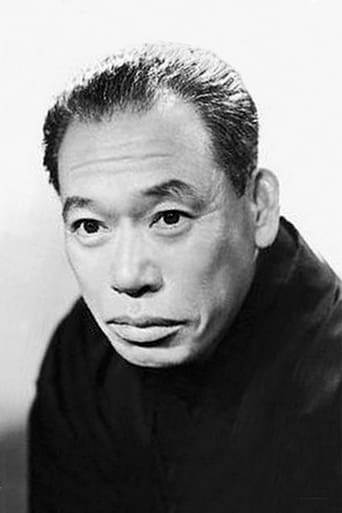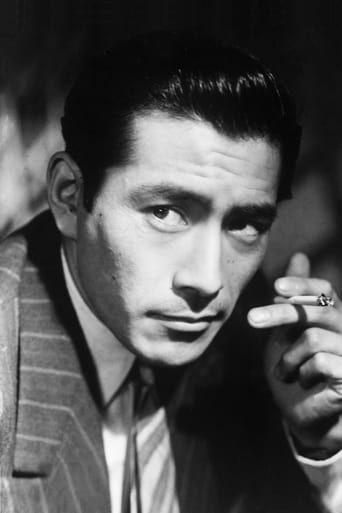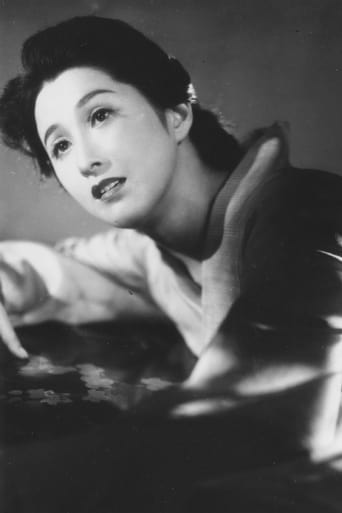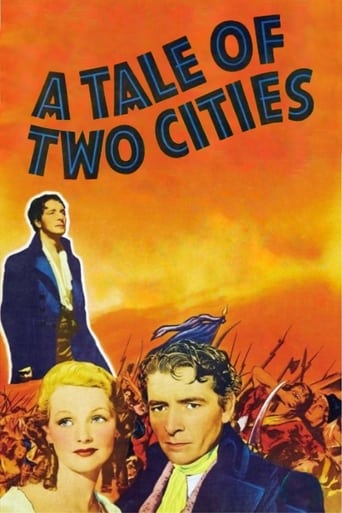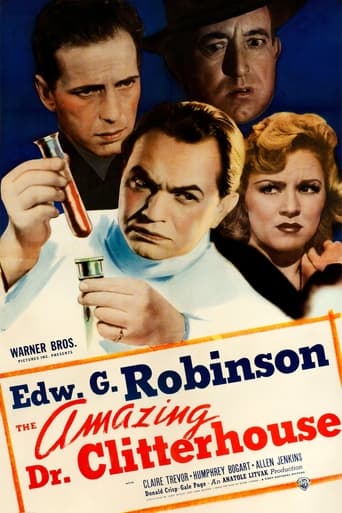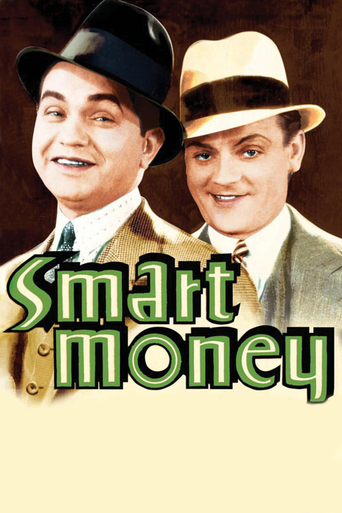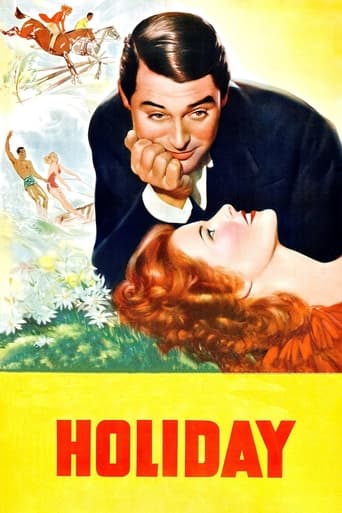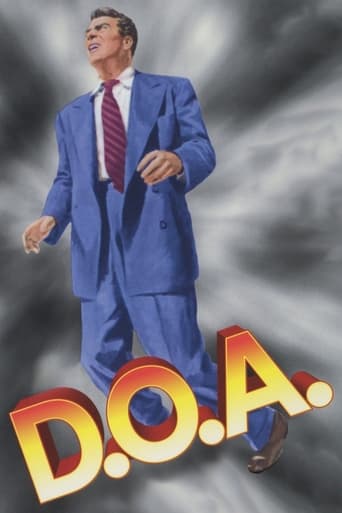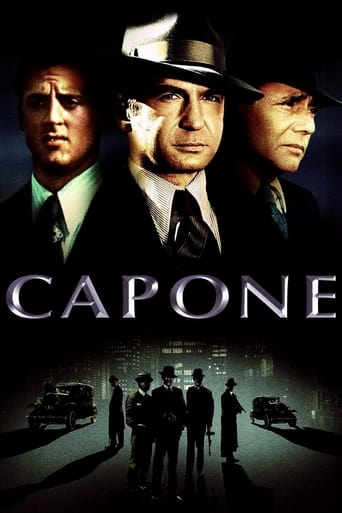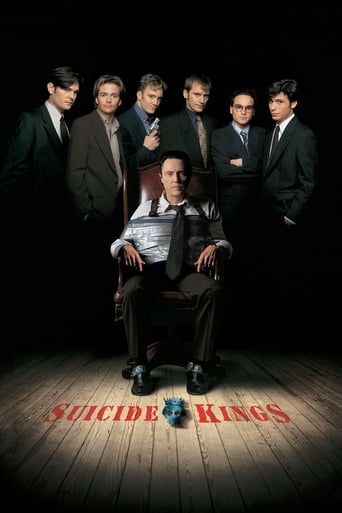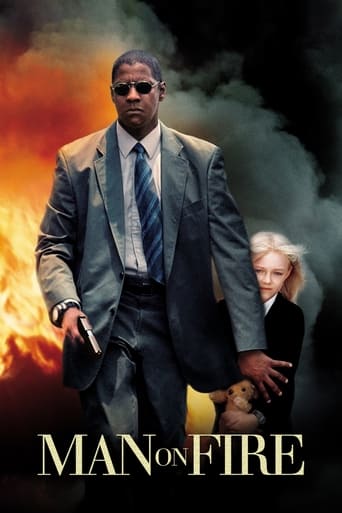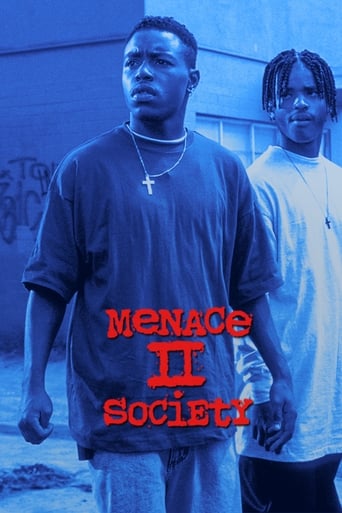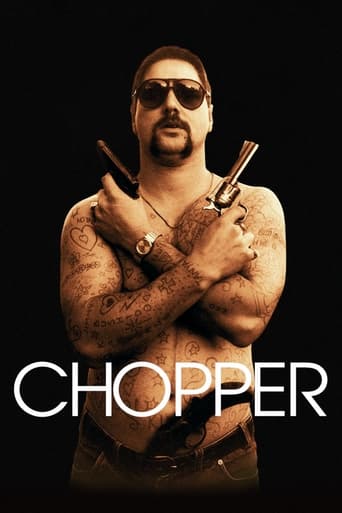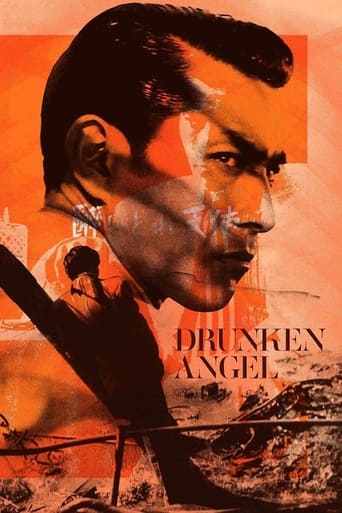
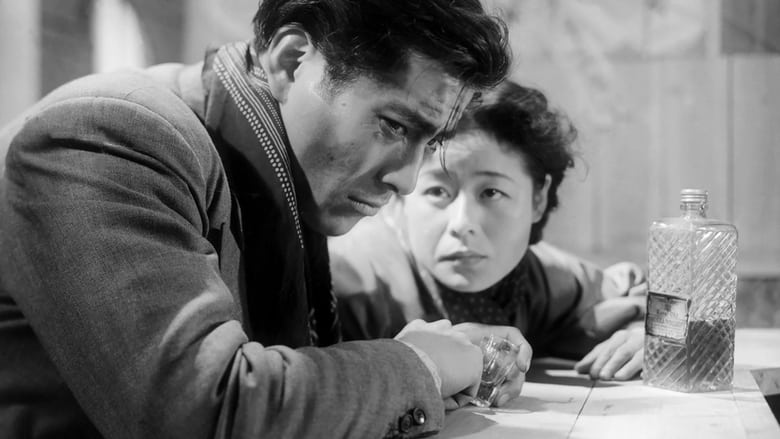
Drunken Angel (1948)
Doctor Sanada treats gangster Matsunaga after he is wounded in a gunfight, and discovers that he is suffering from tuberculosis. Sanada tries to convince Matsunaga to stay for treatment, which would drastically change his lifestyle. They form an uneasy friendship until Matsunaga's old boss Okada returns from prison.
Watch Trailer
Cast


Similar titles
Reviews
Very very predictable, including the post credit scene !!!
One of my all time favorites.
When a movie has you begging for it to end not even half way through it's pure crap. We've all seen this movie and this characters millions of times, nothing new in it. Don't waste your time.
Fun premise, good actors, bad writing. This film seemed to have potential at the beginning but it quickly devolves into a trite action film. Ultimately it's very boring.
Drunken Angel returns Toho to their bleak, dark roots and on this occasion it certainly worked no end.It tells the story of the tremulous relationship between an alcoholic doctor and his violent mafia member patient. The doctor see's his younger self in the Yakuza and set's about going the extra mile to help him despite being fought every stage along the way.After a series of mediocre Toho films I was already losing faith in the Kurosawa hype, therefore this came as a really pleasant surprise to me.Powerful, hard hitting and wonderfully constructed Drunken Angel is by far the best Toho movie I've seen thus far.The Good:Well writtenSome poignant momentsThe Bad:Things I Learnt From This Movie:Bullets come out of a persons body in the same condition they went inI'd have let them get typhus......and that's reason no.57579853789 why I should never have kids
I found this film in the local library, and thought I'd check it out for two reasons. Firstly, Drunken Angel is an old Japanese movie. Second, the plot seemed very interesting. The movie just happens to be so slow-paced that most of that plot just flows through. I usually enjoy somewhat slow films, but for some reason Drunken Angel was weirdly boring. Of course it was a great movie, with amazing writing and dialogue, but it just isn't something I like.The use of music was astonishing. Even if the scenes were slow and it was easy to start thinking about something else, the music made those scenes more intensive, which definitely made me pay more attention.But it's really hard to say anything about the movie. It is good, that I can say for sure, but somehow it just doesn't stand out as much as I hoped it would be. It blends in. Of course it may have something to do with culture differences - and time difference!
This is my third (proper) viewing of Kurosawa, and although each previous experience left enough of an impression on me to anticipate the next one, and although almost a year later images of The Hidden Fortress (1958) are still burned in my mind and playing like a permanent slideshow, only now something has really clicked with me. Like the best music albums that slowly unfurl their layers after repeated listening, my relationship with Kurosawa has now progressed beyond admiration to borderline love. Even Rashomon (1950) took a while to settle in my mind before I could fully comprehend exactly what it was doing and why I couldn't leave the thought of it alone. Kurosawa had such a masterful command of film that each and every moment feels alive, and not just kinetic but thoughtful. A scene here that I immediately recall is one in the dance hall which much of the action revolves around, in which the camera is tightly focused on a corridor, and we see our resident gangster Matsunaga (Toshiro Mifune) drunkenly stumble in, barely supported by two cronies, and then quickly pulled off frame. The camera waits for the rest of the flood of people to issue in, before pulling back along the corridor and stopping at a table of women, who talk of Matsunaga and his company, who are just off-screen. Just describing this scene does little much to illustrate its importance, but it significantly raises the drama and captures the chaos of the environment in a single interesting shot: our character has been warned not to drink and has been actively resisting the temptation, his being dragged off screen in pathetic stupor helps only adds to his increasing helplessness that we the audience share with him and the choice to suddenly stop on this group of women cleverly allows a piece of exposition to be delivered about a character in the form of relished gossip without artificially slowing the action down. Maybe what makes Kurosawa more readily accessible, on a superficial level at least, is how intertwined he seems to be with Western culture. Whether the film is borrowing elements from the West, or what you're seeing is the original prototype that was taken and remade in Westernized form, ala Seven Samurai, it's hard to escape the meeting of cultures in his work. Not that you'd want to. Here, the film takes place in a more immediate Post-WWII setting, and so the streets and its inhabitants are infused with a foreign presence; some signs are English, the gangsters dress and posture like Americans, and the malaise of recent war is still in the air, relayed to us through the cranky and cynical Doctor who really, it appears, just wants to help and hearten his fellow people. There sits a wide stagnant pool outside his office that Kurosawa's camera frequently returns to, and the Doctor at one point tries to warn off a group of children gathered around it, his aged, grumpy presence masking the fact, to the children at least, that he doesn't have to warn them of the typhoid they'll get for hanging around such places. This compassionate man is played impeccably by Takashi Shimura, who I've learned to be a Kurosawa regular. He is both cantankerous and quietly sensitive. He struggles with alcoholism but is entirely dedicated to his job. Shimura has this wonderful lower lip which works to great comic effect and can earn our sympathy easily; sometimes he looks so indignant at the happenings of the world, others he blusters and bumbles and drags it across the top of a glass loaded with alcohol. This Doctor is visited one night by an injured man, Toshiro Mifune, who it turns out is a gangster with a threatening case of TB, and an odd bond is solidified between them that comes not so much from friendship as it does just their yearning need to exist; the Doctor needs to help his patient and the patient knows, despite all his posturing, the he needs the Doctor. Mifune is like lightning here, striking at every turn and always carrying some threat of destruction. But that destruction isn't so much outward violence as it is him slowly killing himself. Much of the pathos in the film comes from seeing him ever so slowly and consistently deteriorate, until it seems like there is hardly anything left of him. Toward the end of the film, when Matsunaga realises he has been stripped of all power and is effectively waiting for his own grave to be filled, he has so little strength his body can barely take the realisation; his hanging limbs and ghoulish frozen face seem to call back to the Silent era of bold theatrical movement, and in fact in the pale desperation of his face I was reminded of Cesare from The Cabinet of Dr Cagliari. This film runs at little over 95 minutes and Kurosawa keeps the relatively simple story alive in every frame, and is filled with wonderful touches. In the first half of the film, a street musician regularly plays a mournful piece on his guitar at night, the same rhythm and the same place each time, and the world feels repeated and cyclical. When a recently released Gangster returns from prison, he asks for the guitar the musician has and plays his own piece; not just hearkening his own arrival to the world but announcing the film's shift into the second half and the darker place it is taking us and its characters. This includes a haunting fever dream of two Mifunes and final confrontation that is reckless and intense and pathetic and in its spontaneity feels proto-Godard (without the pretension). This is Kurosawa's eighth film but what he considered his first, and it is clear that he has taken away the experience from those seven previous features and distilled it into something entirely his own; a clear indication of all the masterpieces to come.
Akira Kurosawa's crime drama about the uneasy relationship between an alcoholic doctor (Takashi Shimura) and his unruly patient, recently diagnosed with tuberculosis, a small-time Yakuza hood (Toshiro Mifune) is utterly brilliant. This was Kurosawa's first film with Mifune (the greatest actor/director collaboration of all time? Add Shimura in there as well and you have the greatest threesome in cinema's history), who shines as the troubled but ultimately frustrating criminal. The sympathy we feel for Mifune's character doesn't feel genuine, he digs his own hole to an extent, yet the gritty and violent ending leaves you with a bitter feeling inside. One of regret. Shimura outshines Mifune as the doctor, a lovable drunk full of angst and regret at the state of post-war Japan, desperate to save those around him, not only through medical assistance but through instilling in them a social awareness, in an attempt to rebuild the crumbling Japan of the 1940s. He is a lone, ignored hero. Yet, the final moments provide us (and him) with some hope for the future. A very troubling and poignant experience.


